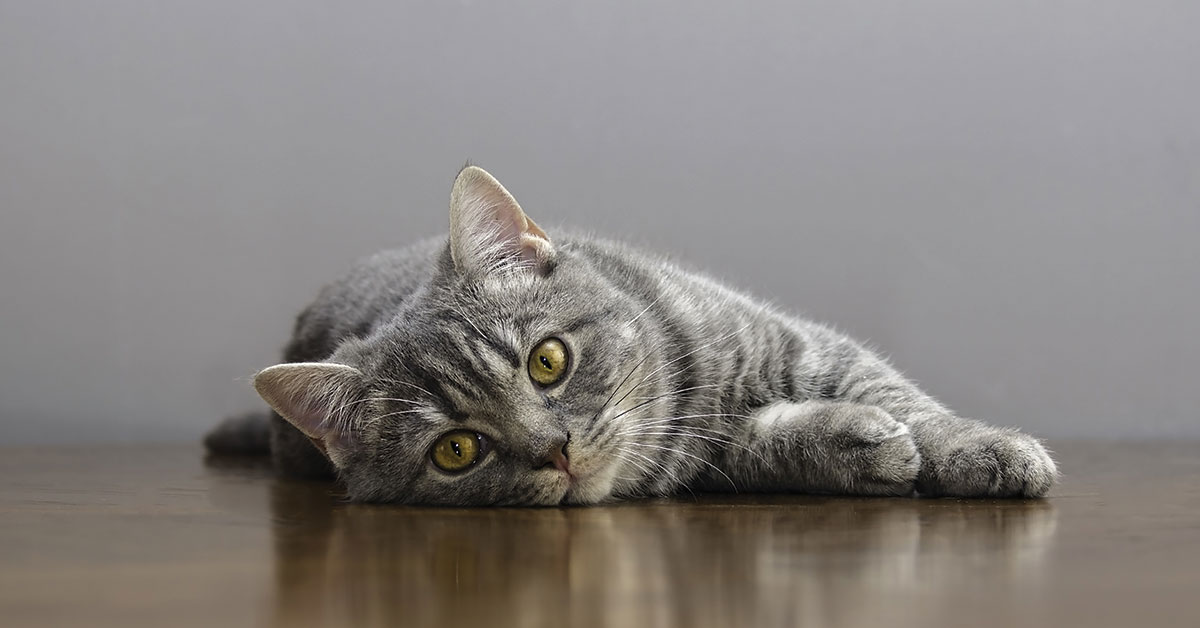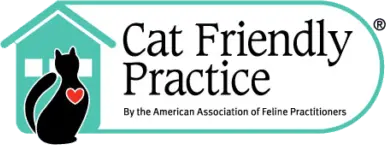Are you cat’s eating and drinking habits changing? Have you noticed weight loss and other issues like increased vomiting? It could be Chronic Kidney Disease (CKD). CKD is a disease that affects cats once they reach ten years of age and older. While the idea of a chronic disease can seem like a death sentence, CKD is completely manageable with a quick diagnosis and treatment.
Cats with Chronic Kidney Disease will show signs the following signs. If you recognize these symptoms in your cat, it’s important to get bloodwork done quickly with a veterinary professional.
- High Blood Pressure
- Inability, or no appetite
- Nausea
- Vomiting
- Urinary Tract Infections (Cat UTIs)
- Anemia
Cats like to keep to themselves, so a diagnosis cannot always be determined immediately. Signs can differ between individual cats, and renal function tests can sometimes be problematic to interpret. These issues can create a challenge for your veterinarian when determining a proper treatment plan.
Luckily for most cats with Chronic Kidney Disease, there is one treatment plan that has proven itself to help maintain a long and fruitful life for a cat with CKD. Renal diets, in specific, are the primary treatments given to cats with CKD. While switching up the food for your cat may not always be the easiest task, it is always easy than regular blood tests, and constant trips to the vet. Blood tests will be vital in this process as well, but the most important part is keeping your cat healthy at home on food that they will enjoy, and also helps their failing kidneys.
Given the chronic nature of CKD, we like to emphasise how vital it is for the staff at the vet clinic to establish a good relationship with you and your cat. Keeping up to date communication is important when treating a cat with Chronic Kidney Disease, and can prove helpful with any questions or concerns that come up for your or cat.





